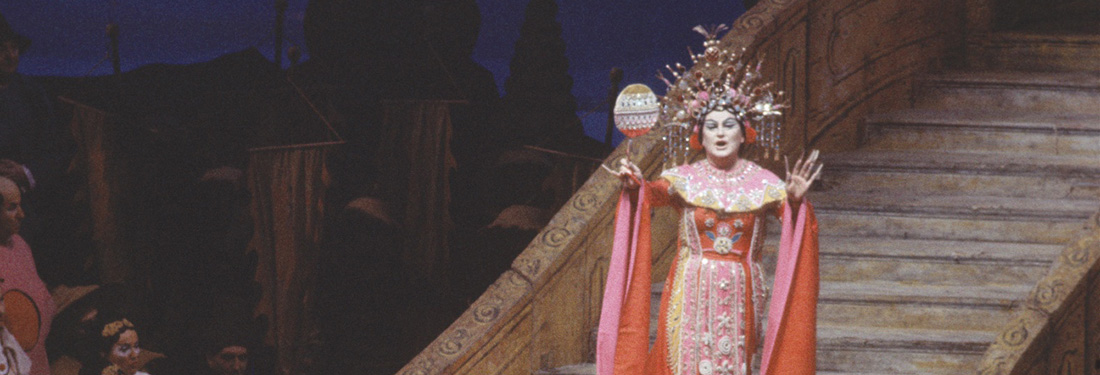
Since my last tribute to him on this site in 2018, there have been multiple heretofore-unavailable unearthings, to my amazement, of not just audio but video documentation dating back to the 1950s – some of it of vital importance; in one case of a near-seminal event.
When I first started listening to Siepi back in the mid-1980s, there was positively no video documentation on him to be found anywhere. Through the pirates of the operatic seas, plenty of radio broadcasts and “private” recordings on cassettes and CDs were relatively easy to find – if you sought them out diligently.
At last in 1999, VAI put out a two VHS tape set of the 1954 Salzburg Festival movie of Don Giovanni, where we could at last see his classic assumption of the title role (that grainy transfer, with no subtitles, was later rectified by a superior re-mastering on DVD by Unitel:
When the Voice of Firestone series began appearing on VHS, featuring appearances by some of the top operatic stars of the day, Siepi refused to authorize release of his segments; reportedly, he laughed at the (not without foundation) silly stagings of the songs and material presented.
Yet, those segments — quite a few of them — mysteriously turned up at the hands of the pirates, and we now have the only video account of Siepi singing, in a massively resonant, black, rolling tone, Verdi’s “O tu palermo”:
As well as a dreamy, romantic “One Alone,” with a stunning finish up to a high F:
However, the most significant surge of previously unreleased, and perhaps forgotten, material emerged with the inception of YouTube in the 21st century. Now, not only do we have rare video excerpts from the 50 and 60s, but The Ed Sullivan Show has recently been putting out a series of clips that have not been seen for decades.
Siepi appears to have figured quite often as a guest on the show, for there are some 10 clips now available. What is surprising is how game he was to doing lightweight pop fluff like the Pat Boone hit “April Love”:
As well as The Four Aces’ “Love Is A Many Splendored Thing”
Excuse me, though he doesn’t disgrace himself, but putting the bass god to this type of material is like putting filet mignon on top of ketchup. Maybe that’s why he forbade the release of his Firestone tapes?
Yet, in a 1962 Richard Rodgers tribute at Carnegie Hall, Siepi sounds like a Sarastro issuing comfort in “You’ll Never Walk Alone” with an appropriate solemnity, his deep, rich tone rolling effortlessly over the chorus:
Then, an ultra-rare audio interview from 1967 turned up within the last couple of years. Here, he proves to be a chatty, delightful, and modest interview subject, as well as revealing a low-key sense of humor:
However, the absolute cream-of-the-crop, holy-grail essential Siepi find is this “Festival of Performing Arts” concert from NBC-TV in 1956.
Not just that, but a combined orchestra and piano, aria and song recital. What’s truly odd about this is that it appears to be an unedited footage source, perhaps a kinescope, because it contains a few interruptions of ostensible technical issues – in which we see a slightly exasperated Siepi. Questions remain. Did this air live? Did it even air with the technical glitches? Was it recorded for airing on another date?
Whatever the whatever, this is a true rarity of sorts, for filmed recitals of this kind from this time period just aren’t widely preserved. Here is the program and a handy timing chart:
2:15 Mozart “Le nozze di Figaro” overture
7:00 Mozart – Concert aria: “Mentre ti lascio, o figlia” K.513
14:58 Mozart “Non più andrai, farfallone amoroso”
19:08 Mozart “Aprite un po’ quegli occhi”
Festival orchestra conducted by Jean Morel
27:37 Lully “Il faut passer tôt ou tard”
31:56 Introducing the pianist
32:11 Ravel Chanson Romanesque de “Don Quichotte à Dulcinée”
34:45 Ravel Chanson Épique de “Don Quichotte à Dulcinée”
37:32 Ravel Chanson à Boire de “Don Quichotte à Dulcinée”
Piano accompanied by Leo Taubmann
41:18 Boito “Ave, Signor”
48:30 Boito “Ecco il mondo”
51:29 Verdi “Ella giammai m’amò”
Festival orchestra conducted by Jean Morel
What is remarkable about this concert is what an engaging presence – tall, and handsome at that – Siepi is. He charmingly introduces each selection, revealing a quick, lively manner in a natural speaking voice that gives no indication of the subterranean richness of his singing tone.
Apart from the (then) relatively unknown Mozart concert aria, Siepi offers selections from his familiar repertoire of Figaro, Mefistofele, and Filippo – all consummately, vividly sung and characterized; in particular, his sovereign rendition of “Ella giammai m’amò” reminds us once again that he was the king of this role.
The songs are familiar: the Italian record company Melodram put out on LP in 1983 a compilation of exclusively live material, including a complete song recital from Salzburg, 1956, accompanied by Leo Taubmann, as here.
Perhaps the most astonishing of these is the Ravel song cycle Don Quichotte à Dulcinée. This is, typically, recital fare for baritones, but Siepi negotiates the higher portions with marvelous affinity, fining down his voice with amazing tonal sweetness and coloring – and without crooning.
As it happens, Siepi remains a touchstone rarely equaled in operatic basses, in my view, the finest in the second half of the 20th century. And since. My views are strictly personal, but I find many basses, however commendable they are as artists, lacking the three-dimensional quality of tonal production Siepi owned. Many of them lack the deep-pile, contoured resonance, instead having a muffled, rather shallow timbre, with weak low notes and effortful highs. Throatiness, artificial darkening of the tone, often with distorted vowels in attempt to impart sonority.
Lastly: In my previous tribute to Mr. Siepi, I had written about my brief phone and mail correspondence with him, as well as my disappointment that he firmly resisted my offer to do a book on him.
I hazarded, too, that Mr, Siepi’s modesty and private persona were the primary factors in his refusal; he did not seem the type to “reflect back in glory.” Apart from a rare appearance in a tribute in the early 2000s, he led a quiet life with his wife Louellen and two children, Ezio and Luisa, in Roswell, Georgia.
This year, for the 100th anniversary of Mr. Siepi’s birthday, his son Ezio, in his own translation from the original Italian, issued publicly this deeply touching and revealing tribute to his father on February 10:
A MEMORIAL FOR A MEMORABLE MAN
Knowing that today was approaching, I debated about whether or not I should write on my father. If I were to write about him, what would I say? When do I cross the line from what I want to say and what I’m allowed to/should say? At this point, does it even matter?
My father died almost 13 years today of sepsis, a medical term which I was forced to learn given the circumstances. It was a warm summer day, a Monday in which my mother and I needed to see him at the hospital. He had suffered from a mild stroke at the end of June, when I had returned from Italy. He still wasn’t ready to be dismissed, given his reduced deambulation and self-sufficiency. To make a long story short, we insisted that the hospital would be in the best position to help him get better, notwithstanding his continuous doubt and suspicion. Well, with all of the neurologists, physical therapists and cardiologists that came to see him, apparently some germs got through. It was Saturday and the doctors said that it was septic shock and that his short cough and heavy breathing were early warning signs. The doctors said that the probabilities were slim and I remember that night when I told my mother I didn’t know what to expect; I really felt a sense of helplessness but also a bit of injustice. With a strong hug, we realized that that was the moment we needed to accept that he could pass any moment, and so it happened Monday.
While driving my mother to the Atlanta metro stop to pick up my sister to go together to see him for the last time, I kept remembering things about him. His nice smile and how he desired the best for us, especially my mother. I tried to remember the last thing we had said to each other. Ginetto, the small terrier, was starting to get over the fact that he wasn’t at home so often to spend time with him and so I told him and he responded with a peaceful smile.
Cesare was born on February 10, 1923 in Milano. He had lost his father at a young age and was very close to his mother. I could tell you more and while you all know about his artistic career and his “wartime” beginnings as 18 year old Sparafucile in Rigoletto in Schio, a small Venetian town in the province of Vicenza, to his first memorable Re Filippo II in Don Carlo in place of Christoff at the Met in 1950, I’d just like to touch on some personal memories with him which go aside or maybe beyond his career as a singer.
When I was little, I would remember watching him get dressed and putting on his tuxedos and formal wear for his engagements, and how much charm and elegance he had. Sometimes, I remember I would wake up early with him to put away the dishes in the dishwasher and so we could have a chat about Italian football or politics, or even school. I remember we would talk about anything at all and regardless he always would appear interested and encouraging of my initiatives. I remember his endless love for my mother and how he praised her for all of his successes. Throughout the years, he would never cease to admire how she was the real strength for him and us.
When we entered the hospital, it was too quiet. Usually I remember atmospheres like “ER” and the like but I guess it was Monday… Dreamlike, we walked into the room where he lay “sleeping.” He looked peaceful and actually reminded me of Pope John Paul II. I actually never was alone with him at all as we saw him together. When your father has just died, no one seems to want to leave you alone. People have to check on you. People have to tell you how much of a good man he was. You don’t get a chance to formulate your own thoughts until a while later.
The wake and funeral in Roswell were a blur. They went by too quickly, enveloped by conversations had with family members and family friends. Aside from his artistic competencies, the general consensus was that he was an intelligent, generous man who loved his children and his family very much. My father was the type of man you’d want to talk with for hours. He was not really so full of himself as one might think given his work. He was actually quite shy and charming, opinionated, but not pushy. As I mentioned he loved my mom very much, speaking of her with such love and respect until the day he died. He believed my sister and I were capable of anything though he credited my mom with all of our good traits. He had enough knowledge about the world and what he went through during his lifetime to fill a series of encyclopedias, but you’d never know this because he was too reserved to speak about it. He had a warm smile and a distinct laugh that made you feel like a winner if you could elicit either from him. As a child I also remember admiring how tall he was and as I got older I learned to appreciate his sense of humour .He was a true gentleman. Though I never acknowledged it before, he was an amazing father.
People say that when someone dies, all of your bad memories of them fade away and you are left with an inaccurate vision of them. While the past 13 years have given me enough time to work through many of my “father issues,” he was not a perfect father. His flaws have not faded away. He was still very suspicious and never really tolerant of people whom he believed untrustworthy. His flexibility and openmindedness with regards to his relationship with others outside the family diminished as the years went by. He should have appreciated more consistently the work put forth by doctors and hospital staff in helping him get through his ailments and pain throughout the years and not treat them with suspicion. However, my last complaint is true of many people with regards to some doctors and hospitals so to place it entirely on him is wrong of me.
Today, as my family encourages me to remember his death, I prefer to remember his life. He will ever remain a mystery to me. My list of questions for him will continue to grow, remaining unanswered and yellowing over time. Still, piecing together what I know personally, have heard second hand and imagine, I feel like I have a good idea of who this Cesare really was. He was/is my Dad, one half of what makes me “me”.
I think the most touching photo I’ve ever seen of Siepi, published in his obituary, is this photo with his wife Louellen and dog Ginetto. Siepi, the family man.
Here’s to the memory of a great artist, and to the memory of James Jorden.

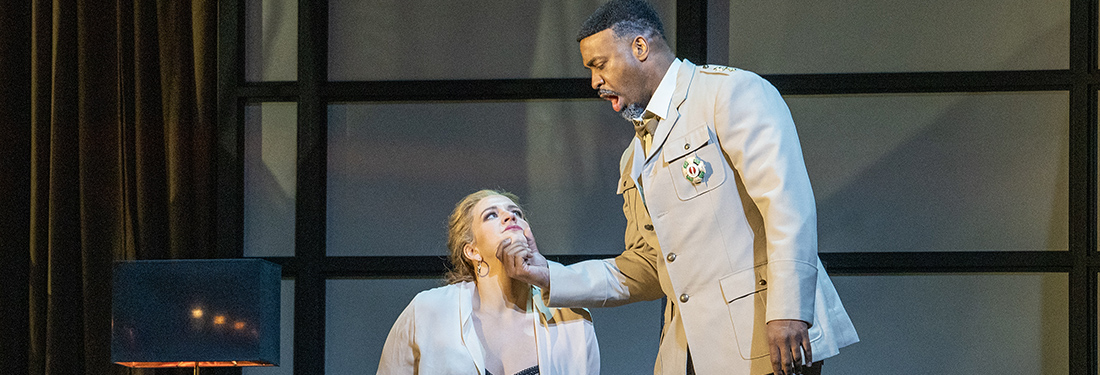
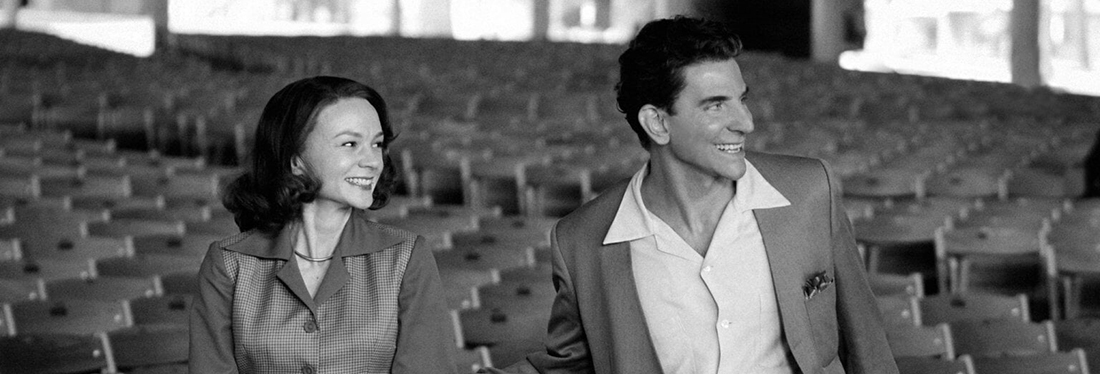
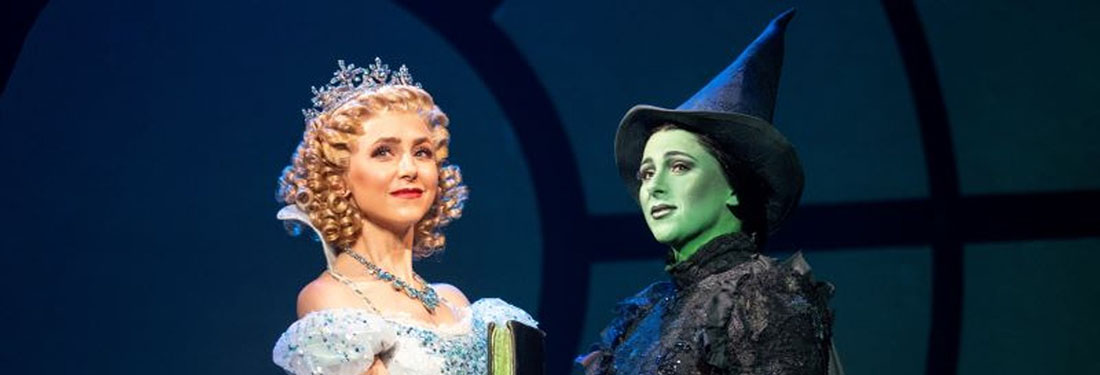
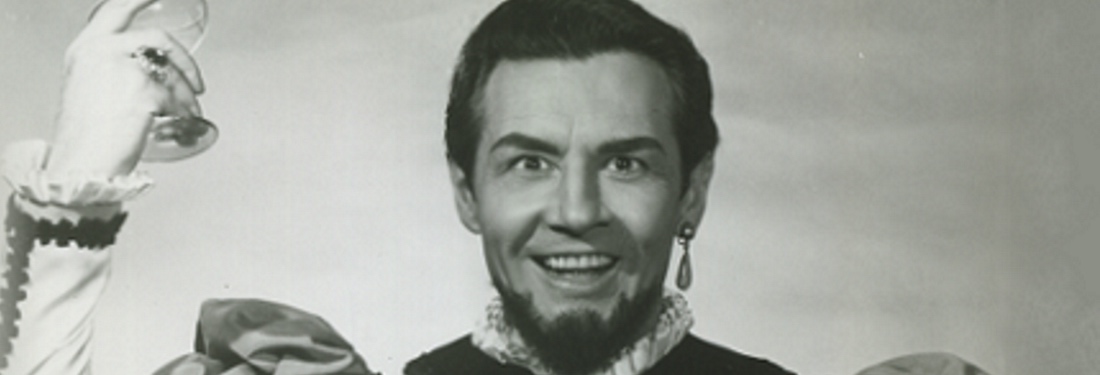
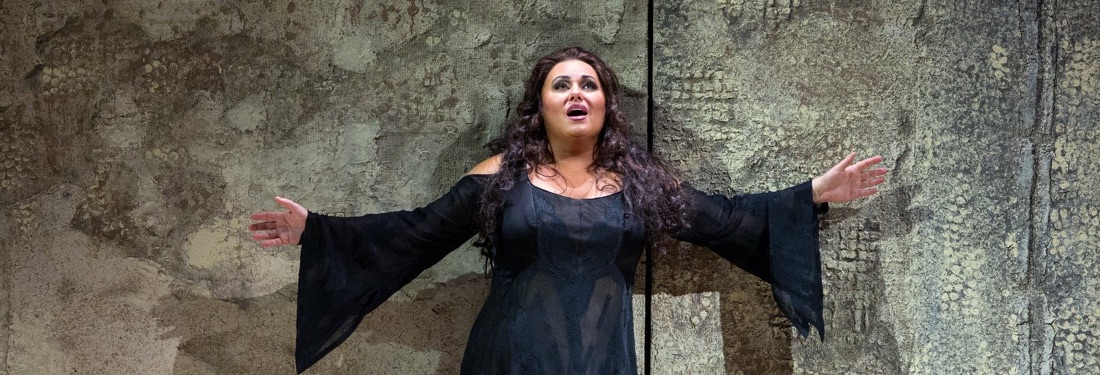
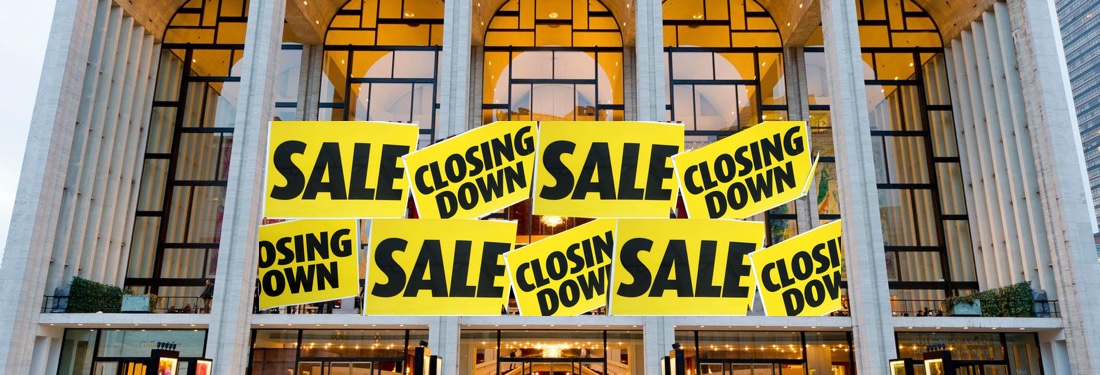
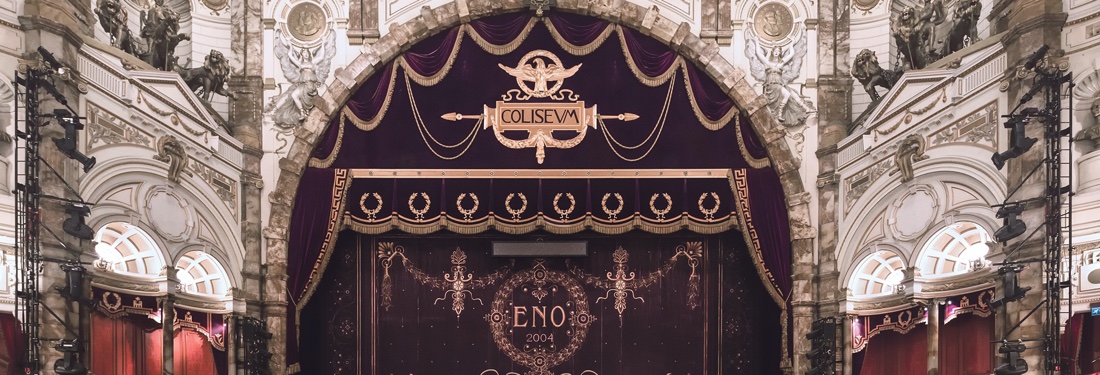
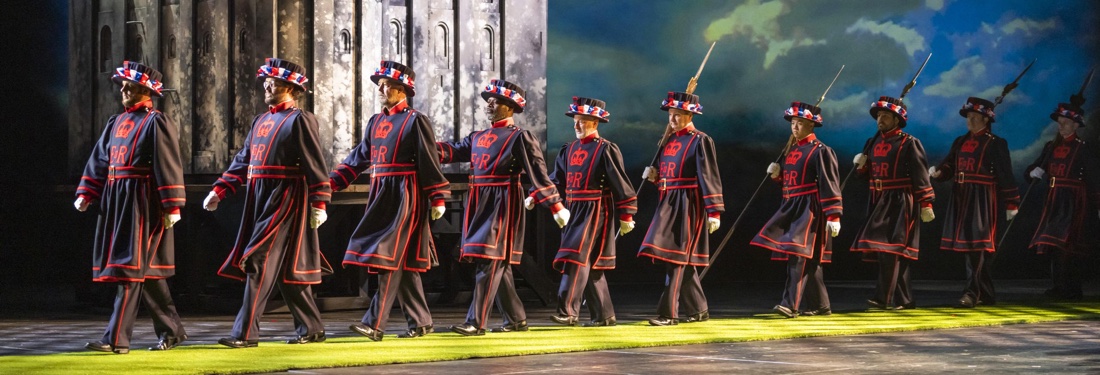
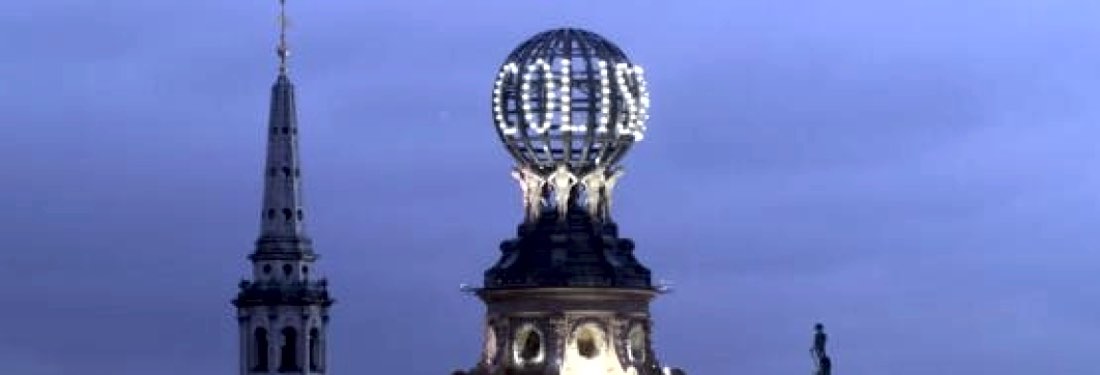
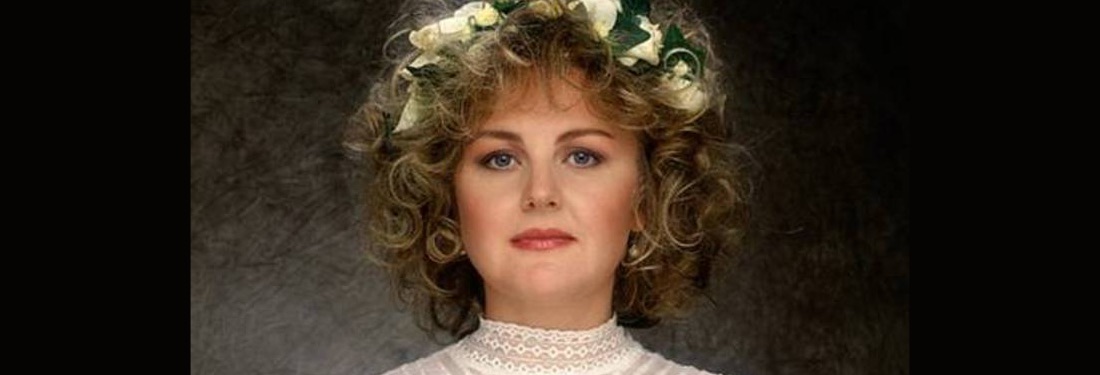
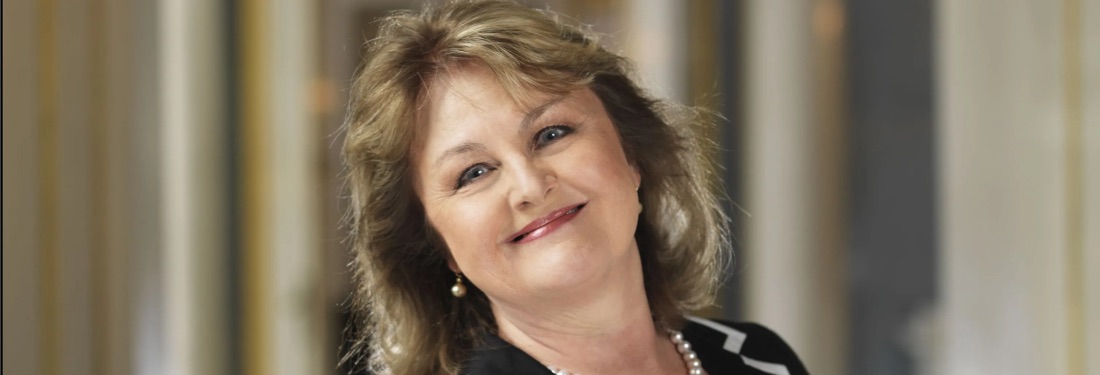
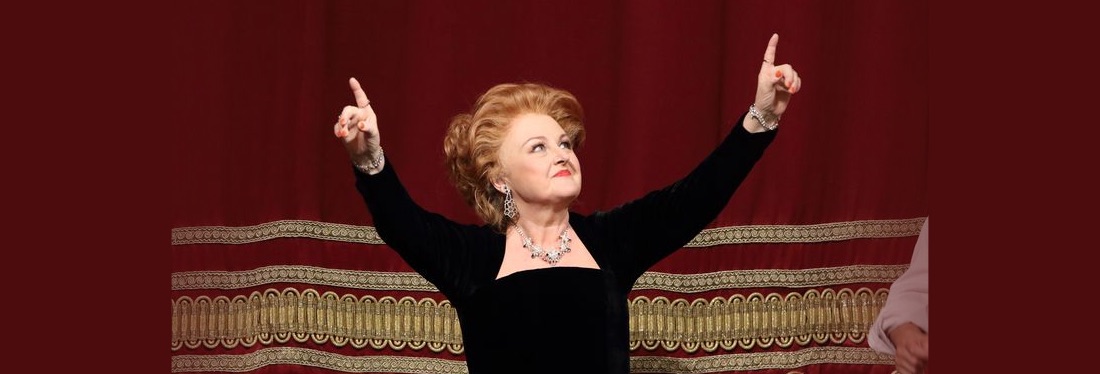
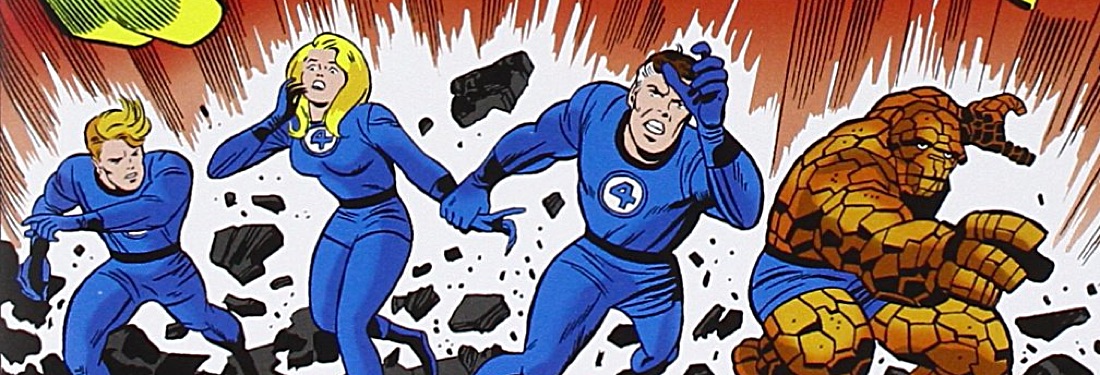
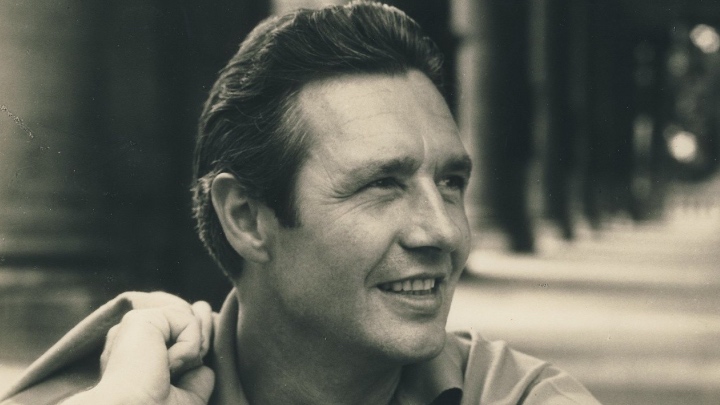
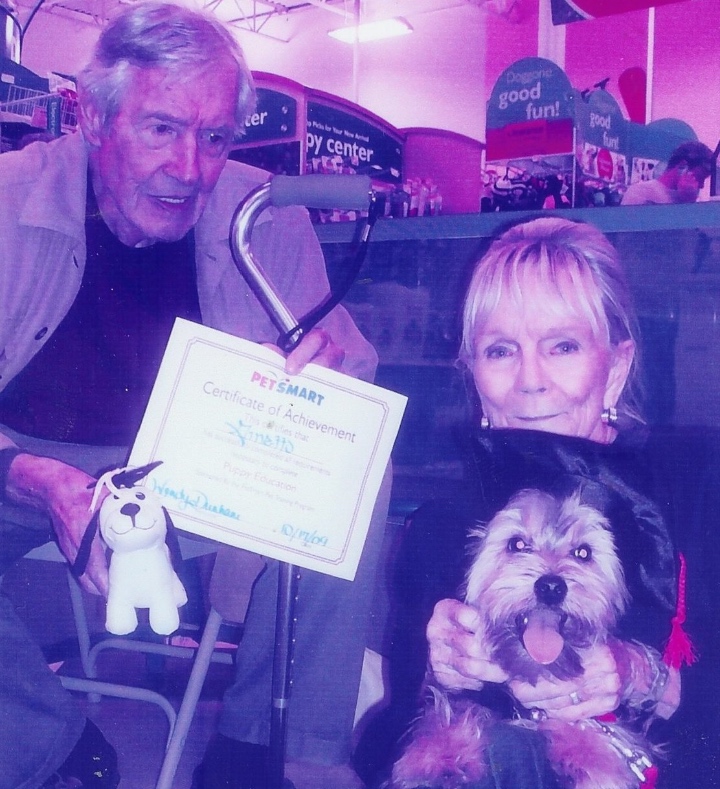






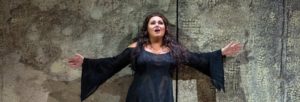




Comments